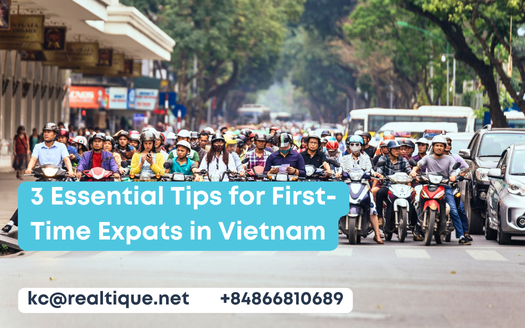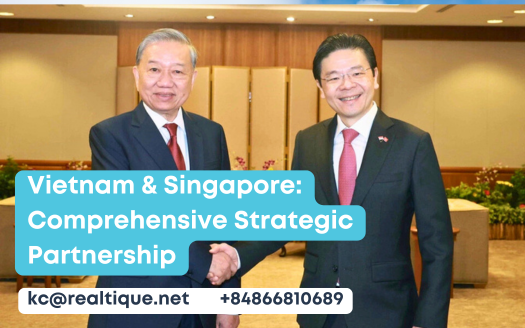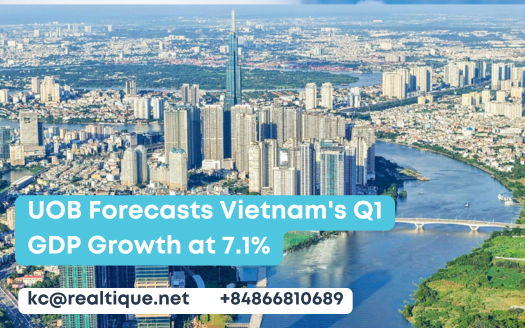Essential Tips for First-Time Expats in Vietnam
I remember being in a foreign country for the first time. It was Thailand. The excitement and eagerness I felt were overwhelming, surrounded by huge commercial buildings, spacious malls with countless vendors, and especially the food, which was on a different level than where I’m from.
You might feel the same or different when coming to Vietnam. Perhaps it’s not the upscale feeling, but something more intimate and friendly, full of love.
Pre-enter the New World
There are many preparations to make before becoming an expat in a new country. At the top of the list is examining your visa options and insurance.
Visa Options
- Travel Visa: The easiest to get, allowing you 90 days in the country. Apply online as an e-visa.
- Long-Term Visa: Lasts 1 to 2 years. A company in Vietnam can sponsor you for a temporary resident card if you have a job offer. Starting a business in Vietnam can also grant you a 1-2 year visa, depending on your registered investment capital.
- Retirement Visa: Vietnam currently does not offer retirement visas, unlike Cambodia, Thailand, and other Southeast Asian countries. Vietnam aims to attract skilled workers, so visa options for retirees are limited.
Health Care Insurance
Plan your health care insurance before arriving. Vietnam’s insurance companies only provide healthcare coverage to foreigners with Temporary Residence Cards (long-term visas). Ensure you have insurance from your home country to avoid expensive hospital bills.
Understand the Culture and Language
Culture
To fully immerse yourself in Vietnamese society, it’s essential to grasp the culture and language. Understanding Vietnamese culture involves appreciating the importance of family, respect for elders, and the practice of saving face. Family is central to Vietnamese society, and elders are highly respected. For example, in a company meeting, Vietnamese will appreciate having the autonomy to voice their opinions, fostering a respectful and collaborative environment.
Language
Learning basic Vietnamese phrases can significantly enhance your experience. While English is spoken in urban areas, knowing greetings like ‘Xin chào’ (hello) and ‘Cảm ơn’ (thank you) can build stronger connections with locals. Vietnamese people are incredibly welcoming and will appreciate your effort to speak their language.
Language Learning Resources:
Find Suitable Accommodation
Finding accommodation is crucial as it sets the tone for your stay. Treat real estate agents with respect and follow these dos and don’ts:
- DO: Clearly determine your requirements (e.g., bedrooms, size, furnishing, view, budget, amenities). Research locations and prices online to understand what to expect.
- DON’T: Work with too many agents at once. The real estate market in Vietnam is interconnected, and contacting multiple agents can lead to confusion. Select 2-3 top agents and work with one at a time.
Rental prices vary, and it’s common to negotiate. Many expats opt for serviced apartments or shared housing to reduce costs. Ensure the accommodation meets your needs, such as air conditioning, reliable internet, and security.
Accommodation Resources:
- Airbnb: Great for finding temporary accommodation and connecting with local hosts.
- Batdongsan.com.vn: A local real estate website with listings for long-term rentals.
Navigate Transportation
Understanding transportation options is vital for navigating Vietnam efficiently.
Motorbikes
Motorbikes are the most common mode of transport, offering flexibility and convenience. Prioritize safety by wearing a helmet and following traffic rules. If riding a motorbike isn’t your preference, transportation apps like Grab and Be offer bike and car services, though they may be more expensive.
Transportation Options:
- Grab: Southeast Asia’s answer to Uber, offering bike and car rides.
- Be: Another popular ride-hailing app in Vietnam.
- Mai Linh: A reputable taxi company.
Other Options
Taxis are widely available, especially during late hours or when traveling with luggage. For inter-province travel, buses, trains, and domestic flights are efficient and offer comfort and scenic views.
By following these essential tips, you’ll have a smoother transition and be better equipped to enjoy your time in this vibrant and diverse country. Good luck on your exciting journey ahead!


























